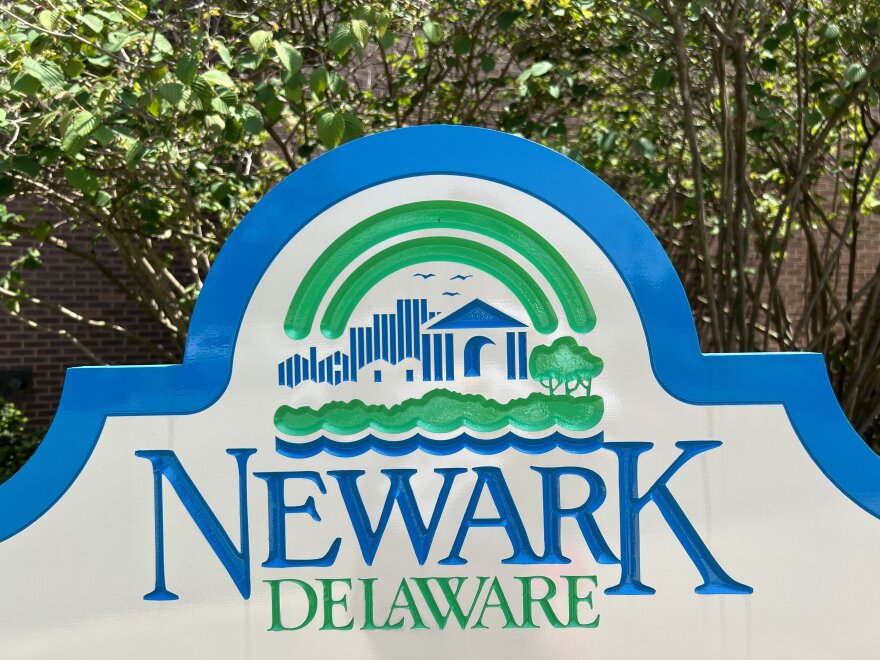The City of Newark plans to introduce a resolution seeking a charter change to levy a $50 fee per student per semester on the University of Delaware.
The fee would apply to all full-time and part-time students, undergraduate or postgraduate, and would be adjusted annually using the previous 12 month Consumer Price Index.
The resolution notes that 42 percent of real estate within the city is tax-exempt, which is largely university property.
The city says in lieu of property taxes, UD began providing an annual payment of $120,000 in 1965, which has remained stagnant. Adjusting for inflation, that payment today would be almost $1.2 million since enrollment has also quadrupled since 1950.
UD also added an annual police support subvention payment of $60,000 in 2001, which has remained at that level for the last 23 years.
The student fee would generate almost $2 million a year for the city to use for public services like police, EMS, and firefighters.
The university says in a statement they were surprised to learn about the resolution, claiming there was no prior consultation on the topic. There is also student backlash on social media - concerned that UD may pass the fee on to students, but the university only says they strongly oppose any proposals by City Council that would impair opportunity and affordability for students.
The UD Student Government Association issued a statement Tuesday saying the imposition not only raises concerns about the financial burden placed on students but also presents the potential for future fee increases without adequate safeguards. SGA further says that college-aged young adults are among the most financially vulnerable populations, and says it is disheartening to see the City of Newark attempting to take advantage of this.
City Manager Tom Coleman says the city is not requiring the fee be charged to students directly – that decision is up to the university.
“It is a tax based on total enrollment, it is not a tax on the students, there is no requirement that it be passed through to the students," Coleman says. "As far as the university is concerned it is just a bill like they get any other bill.”
But Mayor Jerry Clifton doesn’t think the fee will break anyone's bank.
“It’s hard to say that you are going to a world-class institution that charges $30,000-$40,000 a year and $100 is going to break the bank or change your mind to go there," Clifton says. "But yet they can raise tuition all they want and nobody balks at it.”
Coleman and Clifton both note that starting salaries for Newark police officers are about $10,000 less than surrounding counties and municipalities, so they need more revenue to catch up and compete.
Council will consider the resolution at its Feb. 12 meeting – if passed, the General Assembly would need to approve the charter amendment before the city drafts and passes an ordinance to make the fee law.
Coleman anticipates the earliest city would see that money is 2025.
Later this month, council will also consider another charter amendment resolution allowing the city to levy up to a five percent tax on gross rents or lease payments from all residential and commercial leased premises, including properties owned by UD, but not including on-campus dorms or subsidized rental properties.
The SGA made an additional statement Wednesday opposing another resolution city council intends to introduce that would levy a five percent tax on gross rents or lease payments from all residential and commercial leased premises, including properties owned by UD, but not including on-campus dorms or subsidized rental properties. SGA says the average UD student rent is $800 a month, and a tax of this size could cost students another $480 annually.
Both of these proposals come as UD says they are implementing additional cost-saving measures to both balance and conserve resources for the university’s long-term financial health. UD President Dennis Assanis says in a statement the financial magnitude of the short-term impact they are facing in FY24 is projected to be in the $20 million to $40 million range.



